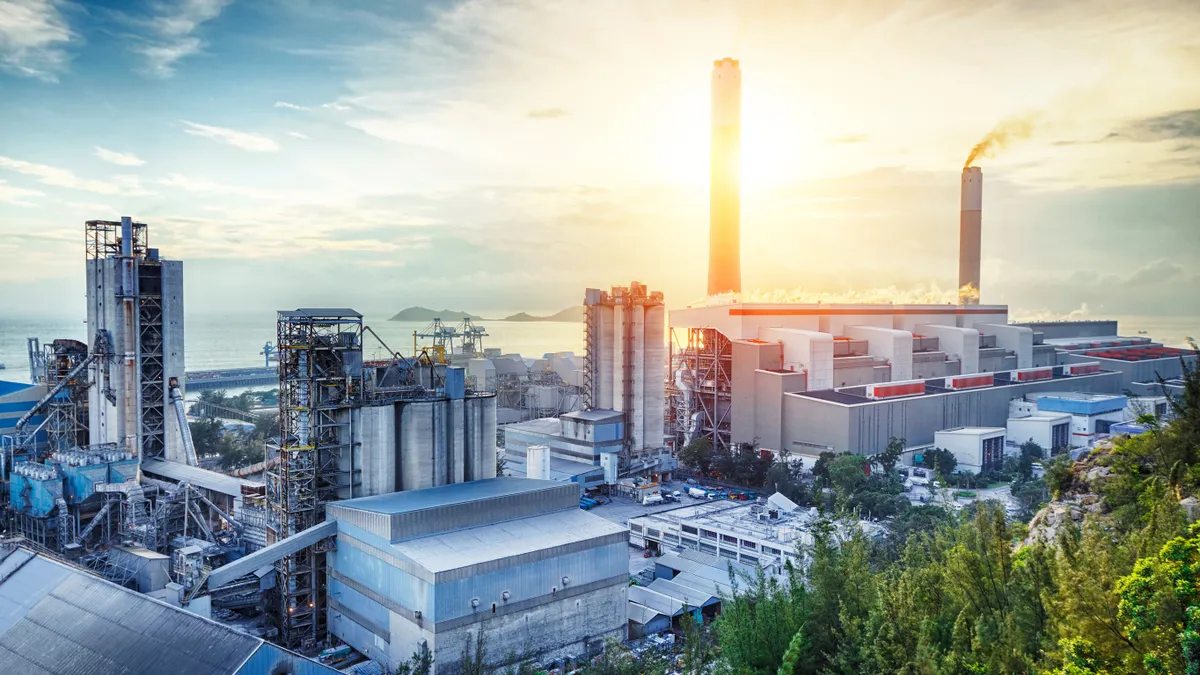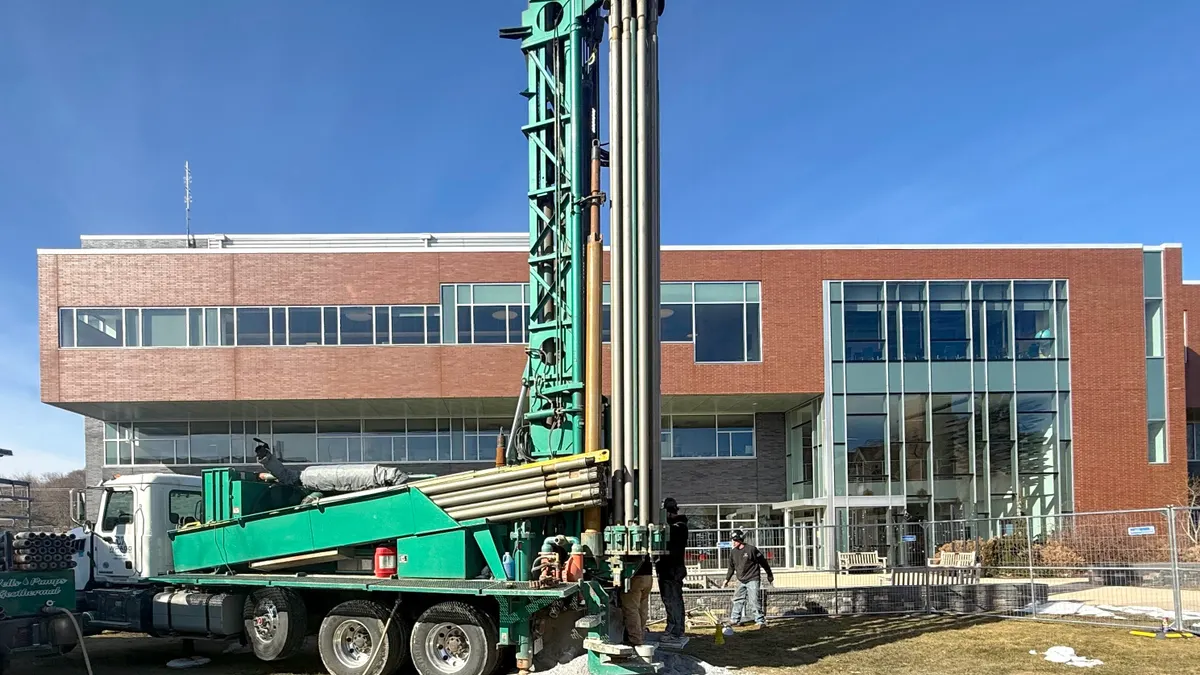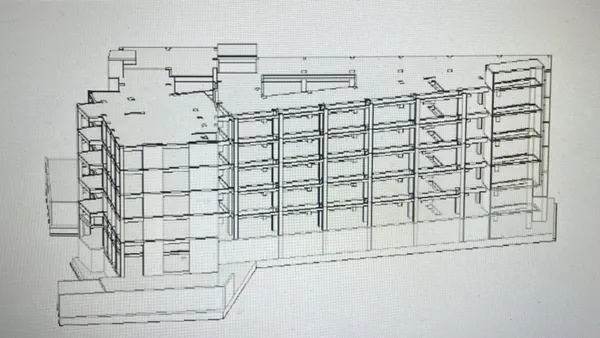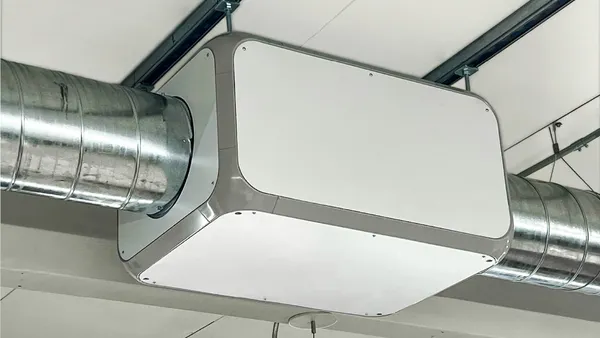Dive Brief:
- The U.S Department of Energy is earmarking $254 million for industrial businesses to cut greenhouse gas emissions and expedite the development of innovative carbon technologies, according to a Jan. 25 news release.
- The agency will distribute $171 million among 49 projects to expedite industrial greenhouse gas emissions reductions and speed up the development of innovative decarbonization technologies. The DOE also announced that applications are open for a total of $83 million to reduce emissions from “hard-to-decarbonize industrial sectors,” which account for roughly 30% of total U.S. carbon emissions.
- The funding intends to advance the DOE’s objectives of accelerating breakthroughs in more reliable clean energy solutions within the decade and encourage an influx of cost-effective industrial heat decarbonization technologies, the release says. It notes that the aim is to develop technologies that target a minimum 85% cut in greenhouse gas emissions by 2035.
Dive Insight:
The 49 selected projects, spanning 21 states, are managed by the DOE’s Industrial Efficiency and Decarbonization Office. They will support high-impact, applied research, development and pilot-scale technology validation and demonstration projects aimed at reining in energy usage and GHG emissions from industrial subsectors like the chemicals business, the DOE said.
The agency noted that the projects will also advance cross-sector industrial decarbonization approaches to addressing industry challenges. Private industry selectees will lead 16 of these projects, while academic institutions will take charge of 22. DOE national laboratories will take eight other projects under their wing, the department said, with the full list of selectees and project award amounts available on its website.
Chemicals businesses represent around 40% of all industrial energy use and emissions in the U.S., the DOE said. To cut emissions from energy-intensive chemicals and industrial products like fuels, polymers and paints, the DOE said $30.5 million is being channeled toward six projects that will focus on decarbonization technologies like advanced separations processes and advanced reactor systems.
Around $37 million is being invested in seven projects that address decarbonization in iron and steel production, such as developing manufacturing technologies that can reduce emissions, electrify existing manufacturing processes, tackle scrap contaminants in recycling and overcome challenges with utilizing hydrogen in steelmaking.
Ten projects, awarded $25.3 million, will develop technologies for equipment and components to decarbonize industrial thermal processes, and six other projects receiving $20.7 million will focus on research and development activities that can speed up the development of commercially ready hydrogen-fueled process heating technology and combined heat and power with flexible low-carbon input, the DOE said.
$83 million more for industrial decarbonization
The additional $83 million made available will focus on applied research and development for the highest GHG-emitting industrial subsectors, specifically chemicals and fuels; iron and steel; food and beverage; building and infrastructure materials; and forest products. The DOE said that these industries account for more than 65% of U.S. industrial manufacturing emissions.
Concept papers are due March 19 at 5 p.m., with full applications due June 11, the DOE said. Its Office of Energy Efficiency and Renewable Energy “envisions awarding multiple financial assistance awards in the form of cooperative agreements,” with each award expected to have a performance period lasting approximately 12 to 36 months, the DOE said.
The department noted that selecting projects for award negotiations does not reflect its commitment to issue an award or provide funding and that a negotiated process will unfold between applicants and the department before funding is issued.













